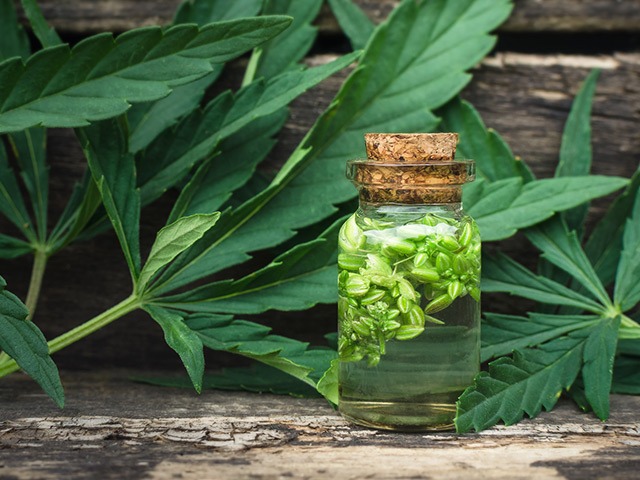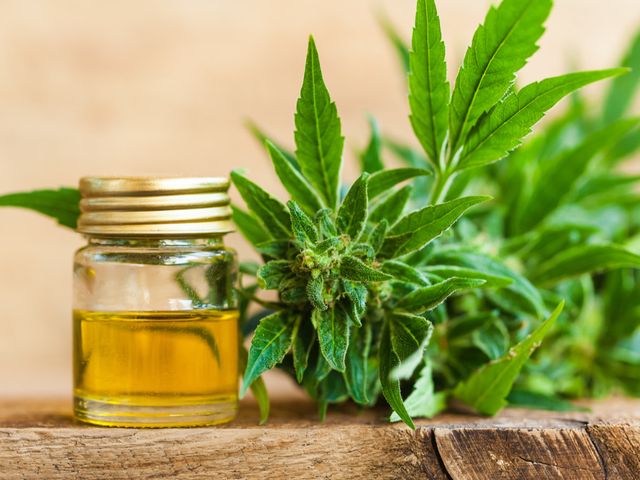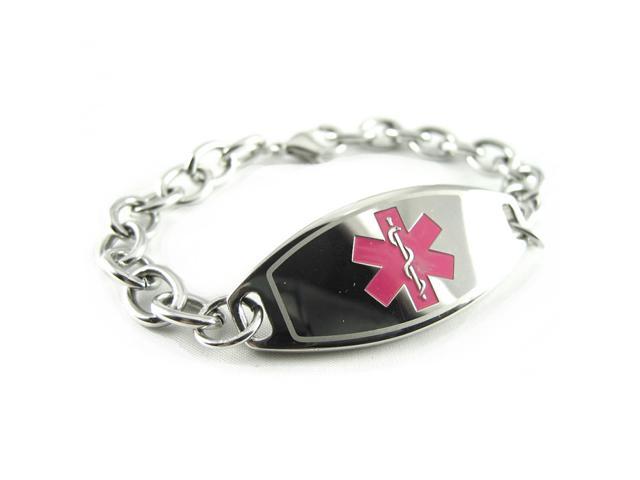In recent years, CBD (cannabidiol) has garnered significant attention for its potential health benefits, ranging from anxiety relief to pain management. Among its many touted benefits, one area that’s receiving growing interest is its impact on hormonal balance. But what exactly is the relationship between CBD and hormonal balance, and how might it influence our overall health?
Understanding CBD and Hormonal Balance
CBD is a non-psychoactive compound derived from the hemp plant, unlike its more famous cousin, THC (tetrahydrocannabinol). It interacts with the body’s endocannabinoid system (ECS), a complex network of receptors and neurotransmitters that helps regulate a variety of physiological processes. The ECS plays a critical role in maintaining homeostasis, or balance, within the body, including hormonal balance.
Hormones are chemical messengers produced by glands in the endocrine system. They regulate a wide array of functions, including metabolism, growth, mood, and reproductive processes. Disruptions in hormonal balance can lead to various health issues, including mood disorders, metabolic imbalances, and reproductive problems.
The Endocannabinoid System and Hormonal Regulation
The ECS consists of endocannabinoids (naturally occurring compounds similar to cannabinoids found in hemp), cannabinoid receptors (CB1 and CB2), and enzymes that synthesize and break down endocannabinoids. This system influences a broad spectrum of physiological functions, including the regulation of hormones.
- CB1 Receptors: Primarily found in the brain and central nervous system, CB1 receptors play a role in regulating appetite, pain sensation, and mood. They also influence the release of hormones involved in stress and reproductive health.
- CB2 Receptors: Found mainly in the peripheral organs and immune system, CB2 receptors are involved in modulating inflammation and immune responses, which can indirectly affect hormonal balance.
CBD’s Impact on Hormones
Research on CBD’s effects on hormones is still evolving, but several studies suggest that CBD may influence hormonal balance through its interaction with the ECS:
- Stress and Cortisol: Cortisol is known as the “stress hormone” because its levels increase in response to stress. High cortisol levels can disrupt other hormonal processes and contribute to conditions like anxiety and insomnia. CBD has been shown to potentially reduce cortisol levels and mitigate the body’s stress response, which may help maintain hormonal balance.
- Thyroid Function: The thyroid gland produces hormones that regulate metabolism, energy levels, and mood. Preliminary research suggests that CBD may have a modulating effect on thyroid function, potentially supporting hormonal balance and overall well-being.
- Reproductive Hormones: CBD may influence reproductive hormones, such as estrogen and testosterone. For example, it has been suggested that CBD could potentially alleviate symptoms of menstrual cramps and menopause by interacting with the ECS and modulating pain and inflammation. However, more research is needed to fully understand its effects on reproductive health.
- Metabolic Health: CBD’s potential role in regulating metabolism is another area of interest. Metabolic hormones, such as insulin and leptin, are crucial for maintaining healthy blood sugar levels and appetite regulation. Some studies suggest that CBD might help improve insulin sensitivity and regulate appetite, thus supporting overall metabolic health.

Research and Evidence
Although the preliminary findings are promising, it’s important to approach the relationship between CBD and hormonal balance with a degree of caution. Much of the research is still in its early stages, and many studies are limited in scope or involve animal models. Human clinical trials are needed to provide more definitive answers.
For instance, a study published in the journal Endocrine Reviews in 2020 reviewed the impact of cannabinoids on the endocrine system and highlighted the need for further research to understand the complex interactions between cannabinoids like CBD and hormonal regulation.
Practical Considerations
If you’re considering using CBD to support hormonal balance, here are a few practical considerations:
- Consult a Healthcare Professional: Before starting any new supplement, including CBD, it’s crucial to consult with a healthcare provider, especially if you have existing health conditions or are taking other medications.
- Start with a Low Dose: When beginning CBD, start with a low dose and gradually increase it while monitoring your body’s response. This approach helps minimize potential side effects and allows you to find the optimal dosage for your needs.
- Choose High-Quality CBD Products: Not all CBD products are created equal. Look for products that are third-party tested for purity and potency to ensure you’re getting a high-quality product.
- Monitor Your Symptoms: Keep track of any changes in your symptoms or overall health. This information can be valuable when discussing your CBD use with your healthcare provider.
Conclusion
The relationship between CBD and hormonal balance is a promising area of research that holds potential for improving various aspects of health and well-being. While preliminary findings suggest that CBD may positively influence hormonal regulation, more research is needed to fully understand its effects and establish concrete recommendations.
As with any health intervention, it’s essential to approach CBD use thoughtfully and informedly. By consulting with healthcare professionals, starting with a low dose, and choosing high-quality products, you can explore the potential benefits of CBD while prioritizing your health and safety. Visit The Art World where you will find lots of great information and practical advice about the relationship between CBD and hormonal balance.




